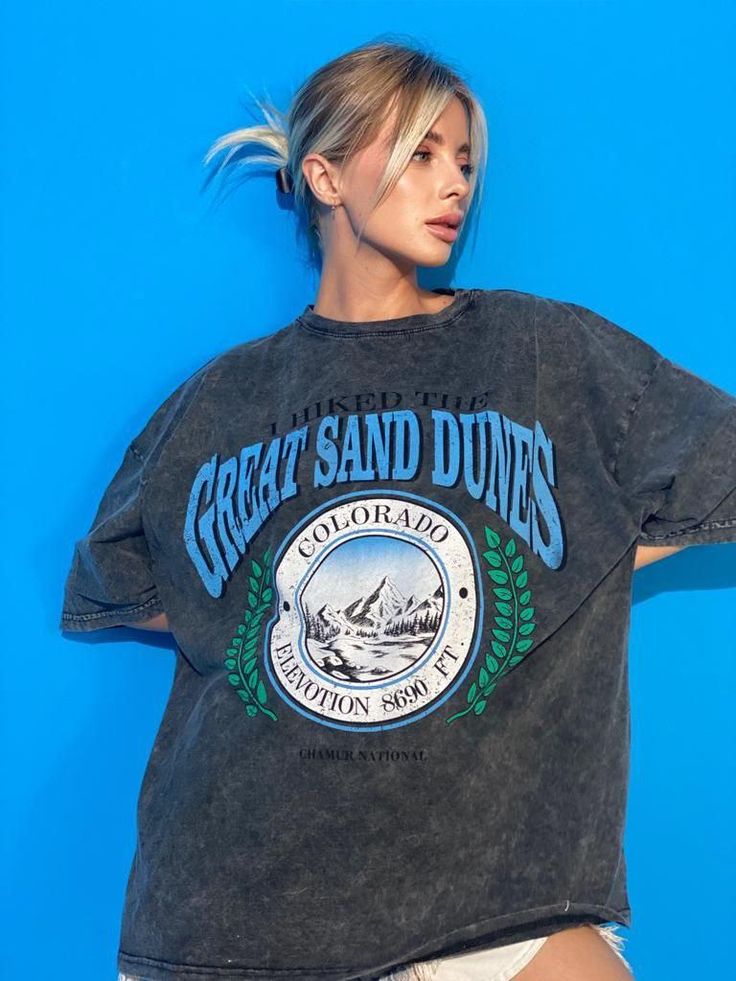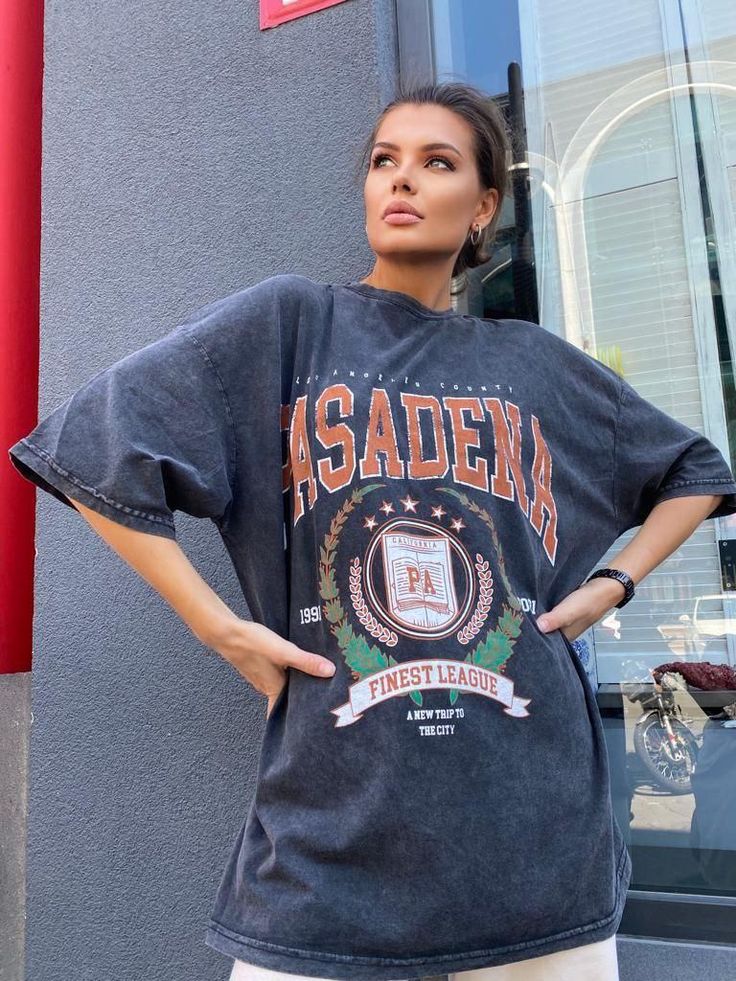
How Augmented Reality Is Transforming T-Shirt Shopping
The fashion industry is undergoing a digital revolution, with augmented reality (AR) playing a crucial role in enhancing the shopping experience. One of the most

The fashion industry has undergone a significant transformation with the rise of direct-to-consumer (DTC) brands. One of the most popular products within this space is the t-shirt, a wardrobe staple that has become a key player in the evolution of retail. Unlike traditional fashion models that rely on third-party retailers, DTC brands sell directly to customers, offering greater control over pricing, design, and customer experience. This shift has revolutionized the way people shop for t-shirts and has led to the emergence of innovative brands that cater to specific consumer preferences.
Direct-to-consumer fashion brands have gained traction due to advancements in e-commerce, social media, and digital marketing. These brands leverage online platforms to reach their target audience, eliminating the need for intermediaries. By cutting out wholesalers and brick-and-mortar stores, DTC brands can offer high-quality t-shirts at competitive prices while maintaining full control over branding and customer interactions.
One of the driving forces behind this trend is changing consumer behavior. Modern shoppers prefer personalized experiences, transparency, and direct engagement with brands. DTC fashion companies fulfill these expectations by fostering strong relationships with their audience and creating unique, tailored shopping experiences.
E-commerce has played a pivotal role in the rise of direct-to-consumer t-shirt brands. The accessibility of online shopping allows consumers to browse and purchase products conveniently from their homes. Many DTC brands invest heavily in user-friendly websites, seamless checkout processes, and engaging product pages to enhance the customer journey.
Additionally, online platforms enable brands to test new designs and respond quickly to consumer demand. With real-time data analytics, companies can track customer preferences, optimize inventory management, and develop personalized marketing strategies. This level of agility gives DTC brands a competitive edge over traditional retailers.
Social media has become a critical tool for direct-to-consumer t-shirt brands to build awareness and connect with potential customers. Platforms like Instagram, TikTok, and Facebook allow brands to showcase their products, engage with audiences, and drive sales through targeted advertising.
Influencer marketing is another significant aspect of this strategy. By partnering with content creators, DTC brands can reach niche audiences and establish credibility. Influencers showcase t-shirts through styled outfits, unboxing videos, and testimonials, creating organic interest and driving conversions. This approach not only increases visibility but also fosters trust among consumers.
With growing awareness of environmental and ethical concerns, many direct-to-consumer brands are prioritizing sustainable practices. Consumers are increasingly seeking eco-friendly materials, ethical sourcing, and transparent supply chains when purchasing clothing.
DTC t-shirt brands are responding to this demand by using organic cotton, recycled fabrics, and environmentally friendly production methods. Many companies also emphasize fair wages and ethical labor practices to align with conscious consumer values. By integrating sustainability into their business models, these brands not only appeal to socially responsible shoppers but also contribute to a greener fashion industry.
One of the key advantages of direct-to-consumer t-shirt brands is the ability to offer customization and personalization options. Unlike mass-produced retail products, DTC brands allow customers to tailor designs, choose colors, and add unique elements to their t-shirts.
This trend has become particularly popular for businesses, events, and individuals looking for exclusive apparel. Through online customization tools, shoppers can preview their designs in real time, ensuring they receive a product that matches their vision. This level of personalization enhances customer satisfaction and strengthens brand loyalty.
Despite their numerous advantages, direct-to-consumer t-shirt brands face several challenges. One of the biggest obstacles is customer acquisition. Without physical stores, these brands rely heavily on digital marketing, which can be costly and competitive. Standing out in a saturated market requires strategic advertising, compelling storytelling, and consistent engagement.
Logistics and fulfillment are also critical concerns. Managing inventory, shipping, and returns efficiently is essential to providing a seamless customer experience. Many DTC brands partner with third-party logistics providers to streamline operations, ensuring timely deliveries and hassle-free returns.
As technology and consumer preferences continue to evolve, the direct-to-consumer fashion industry is expected to grow. Innovations such as augmented reality (AR) fitting rooms, artificial intelligence (AI)-powered recommendations, and blockchain-based supply chain transparency will further enhance the shopping experience.
Brands that prioritize authenticity, sustainability, and customer engagement will thrive in this competitive landscape. By continuously adapting to market trends and embracing digital advancements, DTC t-shirt brands can create lasting connections with their audience and redefine fashion retail.
The rise of direct-to-consumer fashion brands has revolutionized the way people buy t-shirts. By leveraging e-commerce, social media, and ethical practices, these brands have created a more personalized and engaging shopping experience. While challenges exist, the future looks promising for DTC t-shirt brands that prioritize innovation and customer-centric strategies. As the industry continues to evolve, consumers can expect even more exciting developments in the world of fashion retail.

The fashion industry is undergoing a digital revolution, with augmented reality (AR) playing a crucial role in enhancing the shopping experience. One of the most

The fashion industry has undergone a significant transformation with the rise of direct-to-consumer (DTC) brands. One of the most popular products within this space is

As sustainability becomes a top priority for consumers and businesses alike, carbon-neutral t-shirt brands are at the forefront of change. These brands focus on reducing